Research, Internship and Volunteer Opportunities
An integral part of the CASA-Barcelona curriculum is the production of a research project or the carrying out of a internship/volunteering activity. Accounting for 30% of the Language and Cultural Pro Seminar course, students can select between doing rigorous academic research in a selected topic or undertaking an internship or volunteering placement at a local institution. The CASA-Barcelona program considers all activities to be the perfect component for those students seeking to achieve a meaningful study abroad experience with full immersion in local society.
In addition to the curricular activities on offer, students can also apply to participate in the CASA Historical Memory Research Project initiative. The objective of the project is to explore the theme of Historical and Collective Memory in each of the countries where CASA is based, including the United States.
Curricular Research
The research project is an individual or group paper through which students attain in-depth knowledge of a selected topic that is directly linked to issues facing Catalonia and/or Spain today. Taking advantage of local resources not available at home, students carry out research that not only increases their awareness of where they are living, but also enhances the abroad experience through contact with local organizations, associations and sectors of society beyond the university setting. Students are assigned a specialist professor who guides them through the research and writing stages.
Internships & Volunteer Opportunities
As an alternative to the research project, students can choose to complete an internship or volunteer in the local community. Students devote 4-8 hours/week according to the type of activity, the sector and the host institution. Both activities will help them not only gain valuable experience for their professional future, but also a deeper understanding of the local society and culture. A designated tutor at the receiving institution supports and guides the students in their assigned tasks throughout the semester.
CASA-Barcelona students participate in a wide range of sectors:
- Academic placements closely related to the student's field of study - STEM, art & culture, marketing & communication, economics & business, international relations & political sciences, NGOs & language, edition & translation.
- Educational placements at local primary and secondary schools or at the Language Services department of the Universitat de Barcelona.
- Volunteering in hospitals or local NGOs dedicated to supporting the local community (children with long-terms illnesses, refugees, the elderly, immigrants, the LGBTQ community and the homeless are just some of the communities served by this initiative).
IMPORTANT: for internship and volunteer placements involving regular contact with children under 18, such as those in schools and hospitals, students will require an FBI background check (or equivalent document for non-US citizens) which, once obtained, must be authenticated and translated by a sworn translator.
It is strongly recommended applying for the FBI background check (or equivalent document) as soon as possible, as the process can take up to 14-16 weeks. There is now a quicker fast-track online option. The full process (including authentication) takes 4-5 weeks.
Student Testimonials
"…. In fact, I think that this internship has defined my time here in Barcelona. It’s here that I formed the relationships that I will take home with me. They helped me navigate Barcelona, including advising me on where to cut my hair and the best places to eat…. I think that I have decided to study a Master’s in Architecture and getting to know the studios has helped me make this decision. Thank you also to CASA because this opportunity has been life-changing for me. I appreciate the effort it took to find this placement. I owe you one!"
- (L. G., Northwestern University, Fall 2015: Internship in an Architect's Studio.)
“This experience has made me approach my own studies with more caution and attention to maintaining a firmer sense of objectivity then I had perhaps practiced in the past. This dig helped me to become a better student of history and I think forced me to grow a great deal morally and intellectually.”
- (C. R., Harvard University, Spring 2011: Aranzadi Archaeological Dig, Loma de Montija, Burgos.)
“During this experience I have learned that it is more important to listen than speak and that you can have things in common with people who initially appear to be very different from you. I have fulfilled my expectations of meeting native Spanish speakers and improving my level of spoken Spanish…(and)… I recommend this program to future students. It is a great way to practice Spanish and get to know local people. But it is easy just to speak to the other volunteers so you need to be motivated and just speak to the elderly people. It’s quite hard at the beginning…..but if you make an effort and have a positive attitude, it is worth it.”
- (A.V., University of Pennsylvania, Spring 2018: Volunteer in a nursing home.)
"The main aims of the semester were to learn how PYMEs work in a global context and carry out marketing and market research tasks. I feel that I successfully met these objectives. I have undertaken many interesting tasks connected with the work of marketing and links between Spanish and U.S. companies. (….) I believe that this experience will be useful when I apply for internships in the U.S. More than the qualifications I have gained, I have completed an international internship in another language. I can say that I have relevant experience in the world of marketing and small businesses. I can also say that I know how to work to a deadline, show attention to detail and work under pressure. Furthermore, I can say that I have a high enough level of Spanish to permit me to work in an international company (…….) I have also made personal connections with work colleagues which will be useful if I need a recommendation letter. There’s no substitute for these connections and I think they will be most important when I want to a job or another internship. Also, if I want to return to Barcelona, I have a professional network of support."
- (C.F., Johns Hopkins University, Fall 2017: Internship in the Chamber of Commerce.)
"I have a keen interest in the current social and migratory situation in Spain, so I was particularly interested in being able to see how children of immigrants are incorporated into the classes and how they relate to the other pupils......On several occasions, I spoke to teachers about the education system in Spain and how it compares to that in the U.S. By being with the children I was able to understand a little about the socioeconomic structure within Catalonia and see the environment children grow up in in Spain."
- (M. A. C, Northwestern University, Fall 2013: English language volunteer in a public school.)
I honestly believe that I have learned more with this internship than in many of my classes at Harvard. Through this internship, I have had many tangible experiences and nothing can prepare you better for designing an investigative questionnaire than actually doing one. There are a million of things that I didn’t know had to be taken into account when designing a formal questionnaire. I feel that I have learned so much about what researchers really do and I now have great respect for the science of questionnaire designing and being a political science researcher. I have also learned a lot about the overlap of political science and psychology in the questionnaires - it’s a multifaceted art. Lastly, this work is very forward-thinking…and it is fascinating to be able to contribute to such relevant research."
- (G.C. Harvard University, Spring 2016: Internship in an International Relations Institute.)











